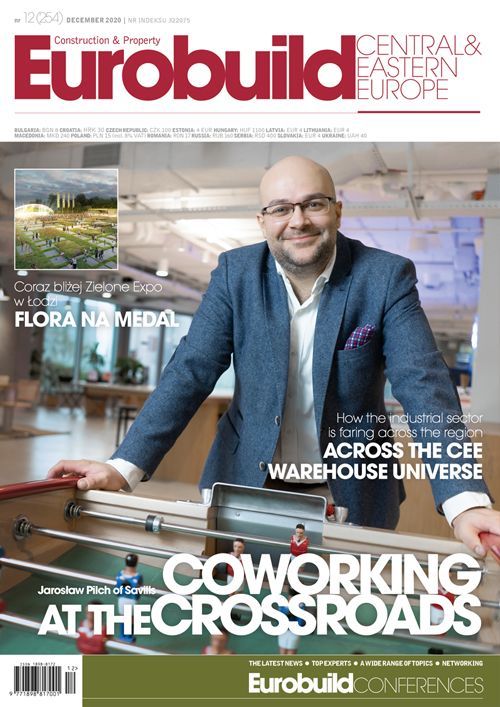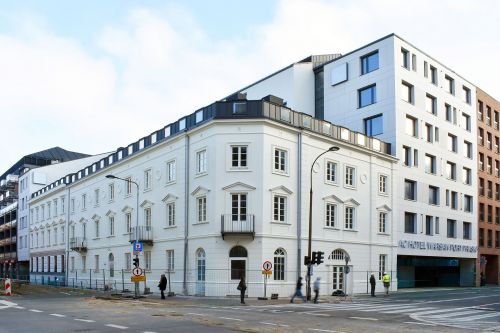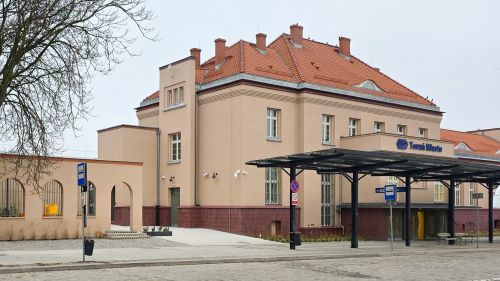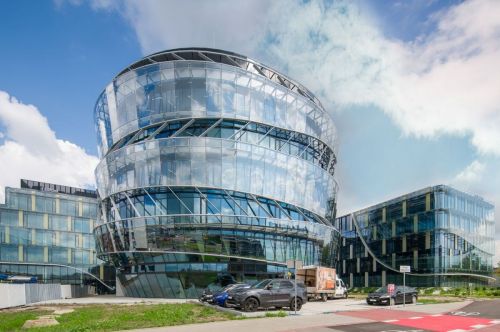It perhaps should come as no surprise that in carrying out this survey we’ve found that managers have a very strong desire to share their experiences, perhaps because we all realise that there are no simple solutions right now and the only way forward is to listen and learn from one another. For this reason, Adelphi Recruitment has spoken to the chief executive officers, HR directors and department heads of real estate developers, construction firms, funds and consultancies to find out how they have coped in terms of one of the biggest challenges all businesses face today: with some or even all of our staff working on a remote basis, how is it possible to keep staff motivated and productive, to train new and junior team members, and to manage recruitment processes?
Workflow changes
Firstly, we looked at company policies in terms of the percentage of staff who have been working at home against those who have remained in the office throughout the course of the year. In early s































































